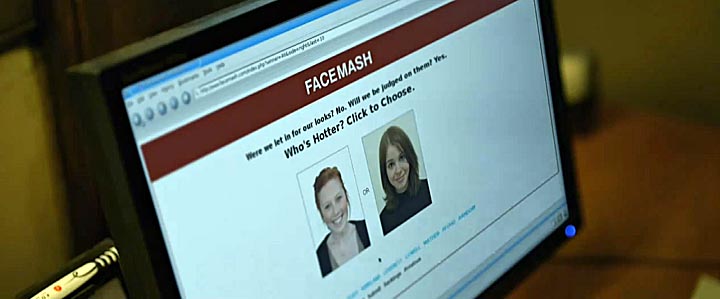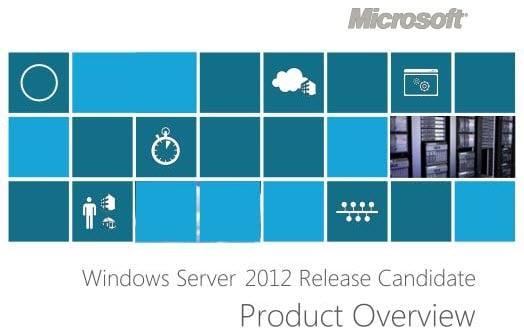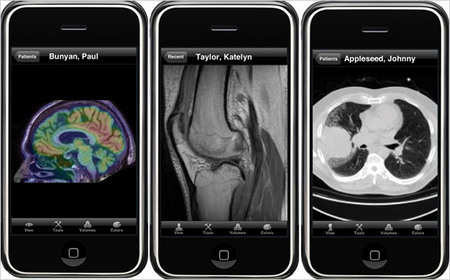
What is Hotstagram, and Why Do They Need a Dedicated Server?
June 6, 2012
What’s New in Windows Server 2012
June 11, 2012With regulation shifts from the FCC, mobile healthcare companies are likely to have an outpouring of innovation.
At This Year’s Mobile Health Conference, the FCC looked towards startups for innovation in the healthcare industry.
In the healthcare business there is an overwhelming dominance of a few well-known businesses. However, at this year’s Mobile Health Conference, the FCC gave startup companies the spotlight. There are several reasons why the FCC is trying to garner interest from mobile app developers. Mobile healthcare apps could greatly reduce the amount of infrastructure that hospitals depend on, lowering the overall cost of healthcare. Also, mobile applications provide much more efficient communication systems and are easy-to-use programs that patients and doctors will both benefit from.
For developers though, the FCC’s regulations have been a burden on their advancement. HIPAA Compliant data centers are only the first obstacle that startup mobile developers must face. The FCC recognizes that the many hurdles for mobile developers trying to create applications for the healthcare industry have made the incentive for creativeness low. This is why they have made the unprecedented move of granting experimental licenses to non-profit organizations, universities and other research facilities. These licenses will give these institutions the right to use networks that can usually only be accessed by companies already in full FCC compliance.
The result is what they hope to be an outburst of innovation from mobile health developers. Some startups, like WellDoc are sure to take advantage of this new policy. They provide information and an interactive app for those with chronic illness. This could have huge implications, as 75% of healthcare costs are correlated to chronic illnesses. The HIPPA compliant data centers that this startup and many others like it rely on ensure the security of the information patients submit. With the FCC’s announcement of their new policy this field will surely see an expansion of modernization and improvement.

